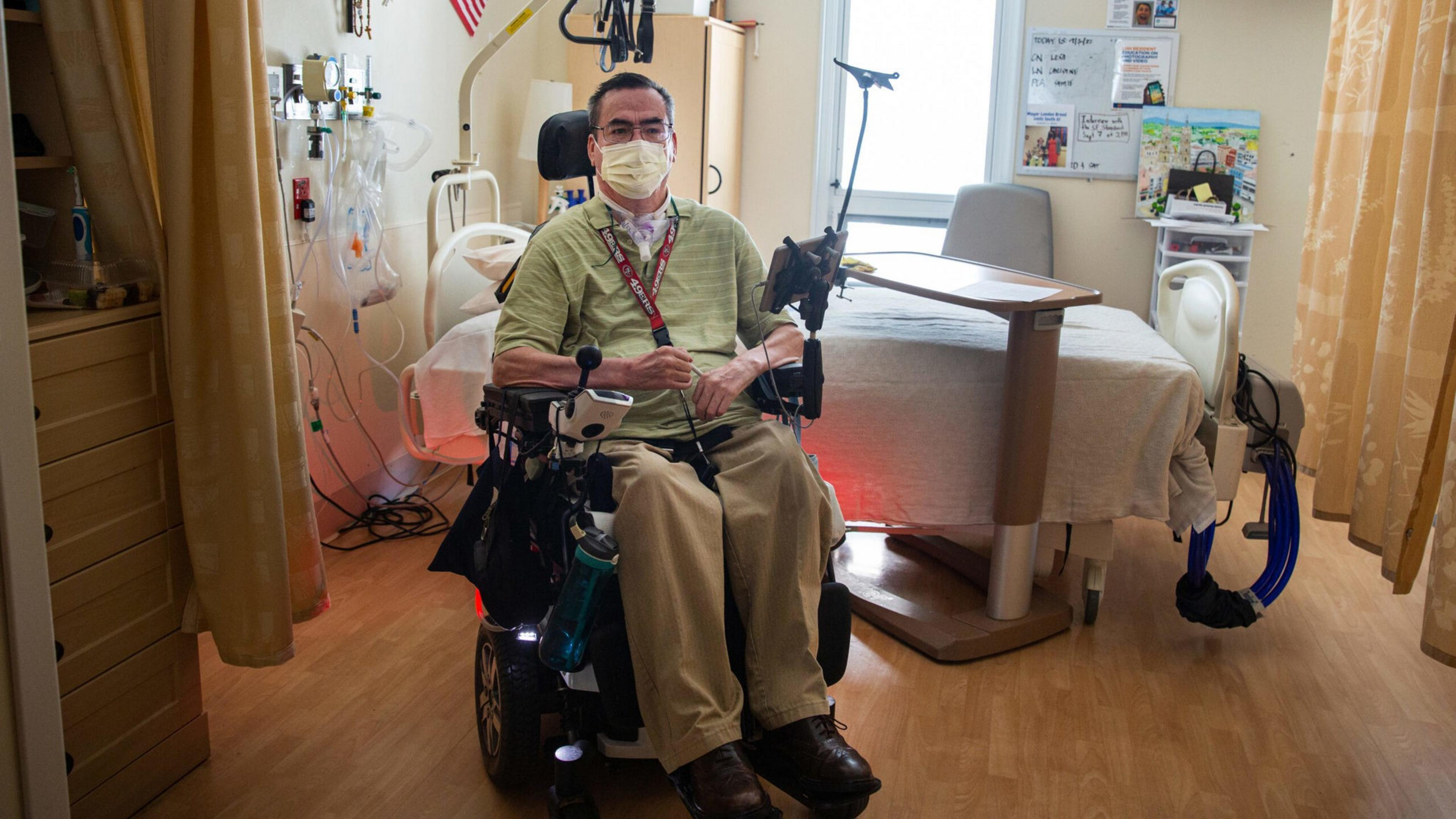San Francisco is bracing for the possibility of having to close down Laguna Honda Hospital and transfer hundreds of patients—at serious risk to their health and despite assurances that the troubled facility is on track to be recertified.
May 19 is the last day for the city and the hospital’s federal regulator, the Centers for Medical and Medicaid Services (CMS), to agree on a continuation of operations and a pause on patient discharges for Laguna Honda. If that doesn’t happen, the hospital’s vulnerable patients may have to be moved to other facilities in a process that could cost lives and cost the city tens of millions.
“What I’m most stressed about is the emotional toll it takes on families and patients worrying over whether in two days […] their loved ones are going to be at risk of death again,” said Supervisor Myrna Melgar in an interview on Wednesday.
Sources at City Hall have told The Standard that a decision to extend the hold on patient transfers may come Thursday. But in the meantime, Laguna Honda patients and their families are enduring suspense over whether the federal regulator will allow another extension. The last extension was not announced until the last minute.
The Centers for Medical and Medicaid Services, which normally provides about two-thirds of Laguna Honda’s $300 million annual budget, cut funding to the facility in April 2022 after it failed to correct deficiencies in what city officials described as “hand hygiene, documentation and infection prevention and control.” Sometimes called “God’s Hotel,” the 157-year-old skilled nursing facility currently serves around 600 elderly or seriously ill or injured patients.

The situation forced the hospital to prepare for closure in order to reapply for that funding, resulting in forced patient transfers starting that May. Most patients had to be transferred to facilities outside the city, and those transfers have been blamed for several deaths.
Patient deaths due to “transfer trauma” has been one of the deepest concerns throughout the yearlong ordeal of getting Laguna Honda back on track.
The city paused transfers in July while working on remediating problems at the facility, and also also sued the Centers for Medical and Medicaid Services to halt the closure. The federal agency gave the facility a two-month reprieve, and then extended funding last October until February of this year as part of a deal with the city.
Through Laguna Honda’s Interim Director Roland Pickens, the city’s Department of Public Health has continued work toward recertification and has provided regular, optimistic reports on the process. The Centers for Medical and Medicaid Services agreed to extend the pause in transfers again until May 19.
At a May 9 meeting, members of the Board of Supervisors decried the last-minute nature of extension negotiations, with supervisors calling it “cruel” and “bonkers.”
“Despite the fact that they’re there every day, personally verifying that we are serious about making the changes that they are insisting that we make, [CMS is] still holding us hostage,” Supervisor Hillary Ronen said at the meeting.
At a May 16 meeting with the San Francisco Gray Panthers, an advocacy group for seniors, Melgar confirmed that if the city were forced to close Laguna Honda, supervisors would convene an emergency meeting to review an existing closure plan (opens in new tab), which was revised on April 18 (opens in new tab).
According to Melgar, that plan would cost the city an additional $64 million for the next fiscal year in addition to risking lives.
Suspense aside, Melgar was optimistic based on what she called “the general cooperation and transparency that we have seen […] since [federal Secretary of Health and Human Services Xavier] Becerra was here and toured Laguna Honda” in February (opens in new tab).
That said, some discharges are already happening at the facility. Laguna Honda is planning to discharge 41 patients who no longer need skilled nursing care but still have long-term needs such as severe mental illness or addiction. The hospital has identified possible placements for eight of them.
Those patients, who may be at risk of living in shelters or on the streets, represent ongoing critical needs in a city where sub-acute care facilities are disappearing.
“It just shows what a mess it is having an arbitrary day to close and evict people [from Laguna Honda] that have no place to go.” Dr. Teresa Palmer, a former resident physician at Laguna Honda and patient advocate, told The Standard. “It doesn’t make any sense.”
